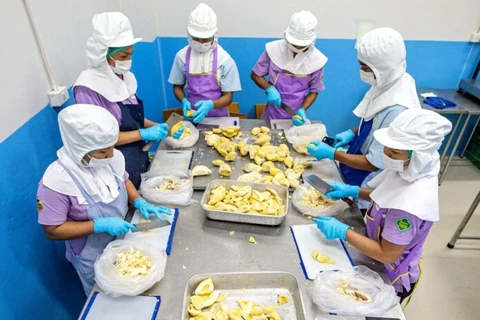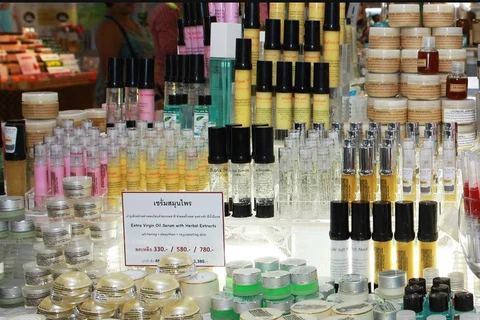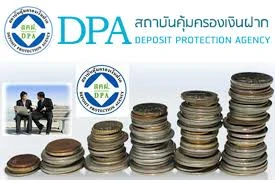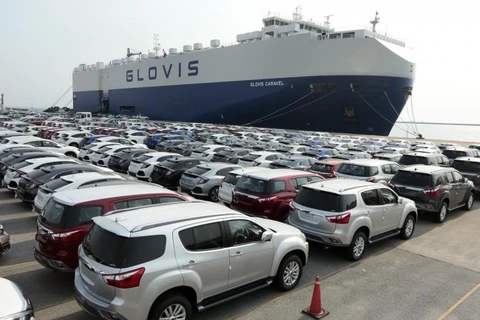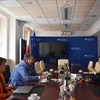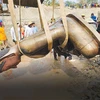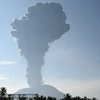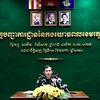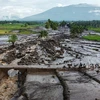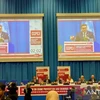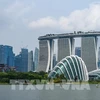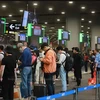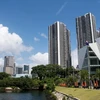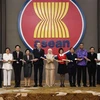Bangkok (VNA) - Thailand is open to foreign investments, and the government is ready to work with the private sector to steer the country towards an inclusive and sustainable future, according to Prime Minister and Finance Minister Srettha Thavisin.
The above message was given in Srettha’s keynote speech on "Reformation of Thai Economy Amidst Polycrisis" delivered during the Foreign Industrial Club Gala Dinner hosted by the Federation of Thai Industries.
According to the speech, Thailand's GDP grew by only 1.8% per year on average, and household debt also increased from 76% in 2012 to 91.6% this year.
For the past three quarters, the country's exports shrank due to high inflation, high interest, high cost of raw materials and energy, as well as high international competition, especially for commodity and agricultural products.
Thailand needs to be future-proofed to thrive in an increasingly competitive global economy amid international conflicts and a climate crisis, Srettha said.
The government's priority is to get the economy back on track and prepare the nation for future success by reducing the cost of living, encouraging domestic spending and expanding investment and businesses, he added./
The above message was given in Srettha’s keynote speech on "Reformation of Thai Economy Amidst Polycrisis" delivered during the Foreign Industrial Club Gala Dinner hosted by the Federation of Thai Industries.
According to the speech, Thailand's GDP grew by only 1.8% per year on average, and household debt also increased from 76% in 2012 to 91.6% this year.
For the past three quarters, the country's exports shrank due to high inflation, high interest, high cost of raw materials and energy, as well as high international competition, especially for commodity and agricultural products.
Thailand needs to be future-proofed to thrive in an increasingly competitive global economy amid international conflicts and a climate crisis, Srettha said.
The government's priority is to get the economy back on track and prepare the nation for future success by reducing the cost of living, encouraging domestic spending and expanding investment and businesses, he added./
VNA

